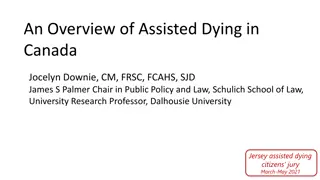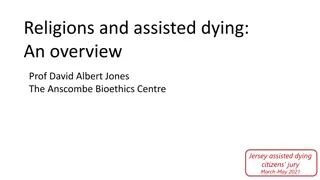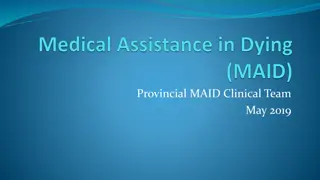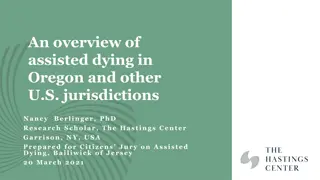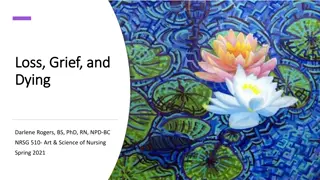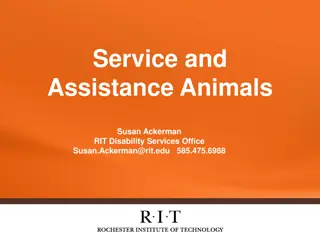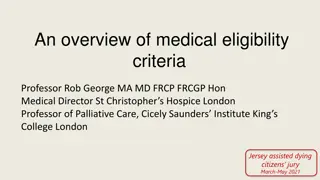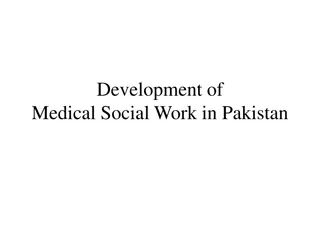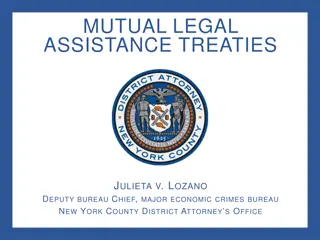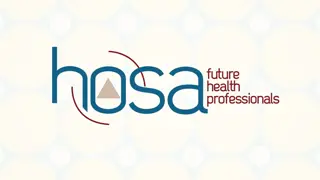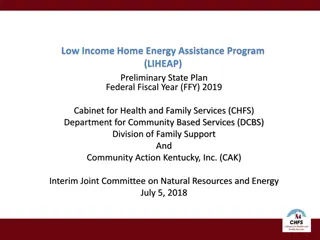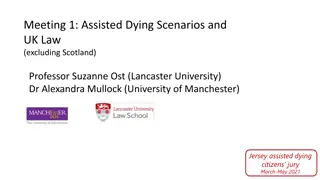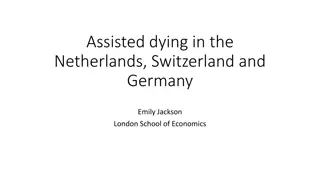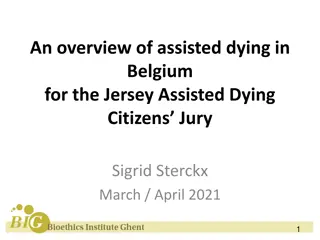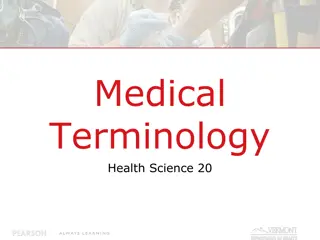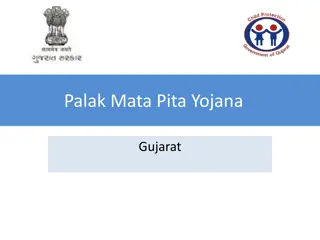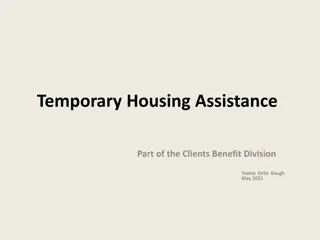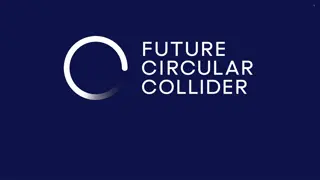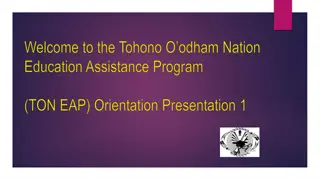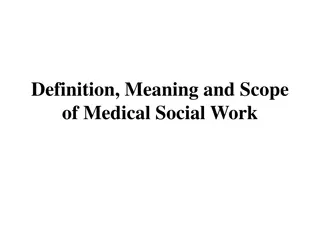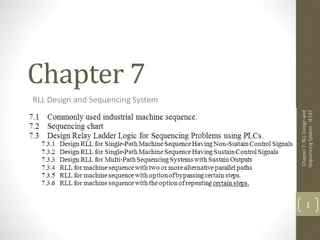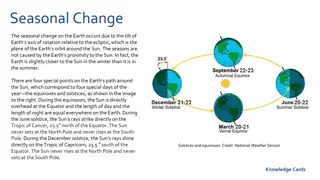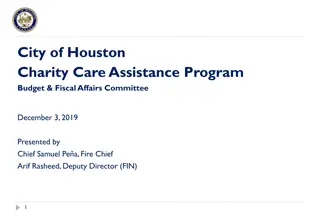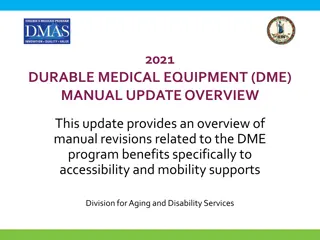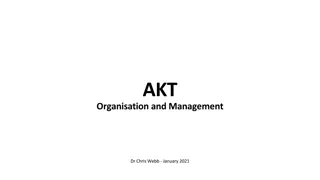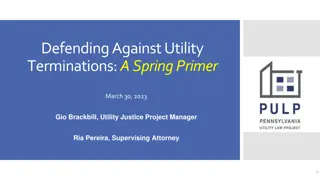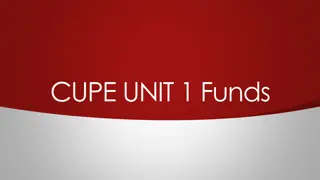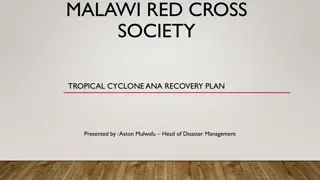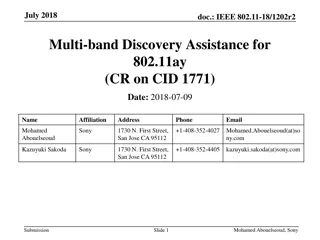Canada's Path Towards Broad Access to Medical Assistance in Dying
Overview of Canada's developments and safeguards in Medical Assistance in Dying (MAID), including key criteria, other safeguards, rhetoric post-Carter decision, and the impact of Truchon v. Canada AG. The introduction of Bill C-7, featuring a 2-track system for different patient scenarios, is discussed in detail.
Download Presentation

Please find below an Image/Link to download the presentation.
The content on the website is provided AS IS for your information and personal use only. It may not be sold, licensed, or shared on other websites without obtaining consent from the author. Download presentation by click this link. If you encounter any issues during the download, it is possible that the publisher has removed the file from their server.
E N D
Presentation Transcript
Canadas Path Towards Broad Access to Medical Assistance in Dying (MAID) Trudo Lemmens, Professor & Scholl Chair in Health Law & Policy Faculty of Law & Dalla Lana School of Public Health University of Toronto Jersey assisted dying citizens jury March-May 2021
Canada: Overview Developments Safeguards (including Broad Access Criteria) Expansion outside end-of-life context: Rights Rhetoric & court challenge Reduction Safeguards in New Bill 2021 Data: sense of being burden, loneliness, inadequate palliative care/health care & disability supports factors in some/many MAID requests
Key Safeguard: Access Criteria b) irreversible decline in capability c) intolerable suffering : entirely subjective d) Reasonable Foreseeable Natural Death [RFND]:broad end-of-life context
Other Safeguards Written Request + 2 witnesses (reduced to 1 under new Bill) Assessment 2 physicians/nurse practitioners 10 day-reflection & reconfirmation consent (abolished under new Bill) Regulations data gathering: broad, not fine- grained data
Rhetoric Post-Carter Presumption of broad Right to Physician Assisted Dying/ Medical Assistance in Dying [imho: not in line w Carter] Pressure to expand MAID outside end-of-life context: lobbying, media reporting, even health professional organisations embracing rights rhetoric & necessity of expansion outside end-of-life context
Truchon v Canada AG (Que Superior Court 2019) Restriction Reasonable Foreseeable Death = violation of Charter rights to Life, liberty, Security of person & Equality Decision not appealed: government introduced Bill C-7 to expand access 2020
NEW Bill C-7: 2-Track System TRACK 2: People not approaching natural death (not RFND) 90-day assessment period (can be shortened) 1 assessor w expertise medical condition that causes suffering Additional informed consent measures Offer of counselling Confirmation of serious consideration of other options TRACK 1: Reasonable Foreseeable Death: reductionsafeguards 10 day reflection abolished 1 witness Limited AR MAID Mental Illness: to be introduced in 2 years No obligations other reasonable options tried/exhausted first
Bill C-7: Discrimination + Violation Right to Life Removal of RFD (end-of-life) safeguard singles out persons w disabilities for fast-track to death: only they have access to MAID outside end-of-life context 3 United Nations Special Rapporteurs/Human Rights Experts: Expression of Grave Concern to Canada Some legal scholars (incl. me), all major disability rights org s, many MH professionals, suicide experts: objections against Bill
Palliative Care & Disability Supports Health Canada Data: 82.1 % received palliative care ; 89.8% disability support services Self-reported data by providers No detailed information exactly when, why, how, quality of palliate care STILL: Palliative Care: 19% < 2 weeks = questions about timely, quality palliative care Competing independent studies on access palliative care Downar et al, CMAJ 2020: 77% palliative care; higher income category; no concerns Munroe et al. Can Fam Phys 2020: gap in the provision of palliative care among the patients who requested MAID. 39.3% no previous palliative care involvement Anecdotal Reports of People already requesting access to MAID for economic hardship, isolation during pandemic
Conclusion Canada Safeguards (inc. Broad Access criteria RFD) Expansion MAID outside end-of-life context: Rights Rhetoric , media reports, court cases: many more will have access to MAID w New Bill: impact disabled persons Social determinants health and limits health care & disability supports appear to contribute to MAID requests Limits of Data
Sources Health Canada, First Annual Report on Medical Assistance in Dying in Canada (2020): https://www.canada.ca/en/health-canada/services/medical-assistance-dying-annual-report- 2019.html#chart3.1 Trudo Lemmens, Heeso Kim, Elizabeth Kurz, Why Canada s Medical Assistance in Dying Law Should be C(h)arter Compliant and What it May Help to Avoid (2017) 11(1) McGill Journal of Law & Health S61-S148; online: https://mjlh.mcgill.ca/publications/volume-111/why- canadas-medical-assistance-in-dying-legislation-should-be-charter-compliant-and-what-it- may-help-to-avoid/ Trudo Lemmens, Mary Shariff & Leonie Herx, How Bill C-7 will sacrifice the medical profession s Standard of Care (11 February 2021) Policy Options https://policyoptions.irpp.org/magazines/february-2021/how-bill-c7-will-sacrifice-the- medical-professions-standard-of-care/


